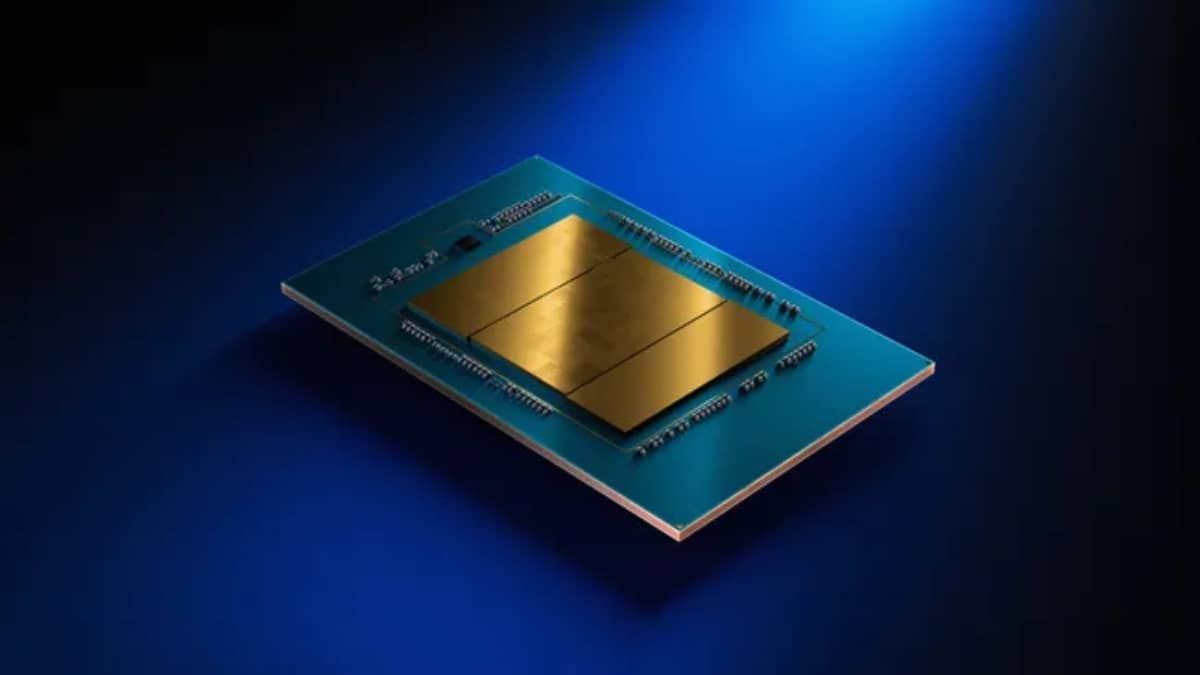Chinese researchers at Peking University have unveiled a groundbreaking silicon-free transistor design that could revolutionize the semiconductor industry.
This new transistor, based on a two-dimensional material called bismuth oxyselenide, promises to outpace traditional silicon chips in both speed and energy efficiency.
The innovation relies on a gate-all-around (GAAFET) architecture, where the transistor’s gate wraps completely around the source, unlike the partial gate coverage seen in current silicon-based processors.
This full-wrap design improves the contact area between the gate and the channel, reducing energy leakage and enhancing current control, resulting in significantly better performance.
According to the research team, the 2D GAAFET transistor achieves speeds 40% faster than Intel’s latest 3nm chips, while using 10% less power. This performance leap puts it ahead of top processors from TSMC and Samsung.
The breakthrough could signal the end of silicon’s dominance in chip technology. The new design solves key issues in traditional transistors, such as limited current control and high energy loss, by using a full-gate structure that enables ultra-low power usage and high voltage gain. These features make it the fastest and most efficient transistor ever, according to the researchers.
The development of this new transistor design could potentially overcome miniaturization limits in silicon technology, particularly as the industry pushes below the 3nm threshold.
Moreover, the new materials, Bi₂O₂Se as the semiconductor and Bi₂SeO₅ as the gate dielectric, offer low interface energy, reducing defects and enabling electrons to flow with minimal resistance.
This technology, detailed in the journal Nature Materials, also promises easier integration into existing semiconductor infrastructure, paving the way for faster, more energy-efficient chips in the near future.












Leave a comment